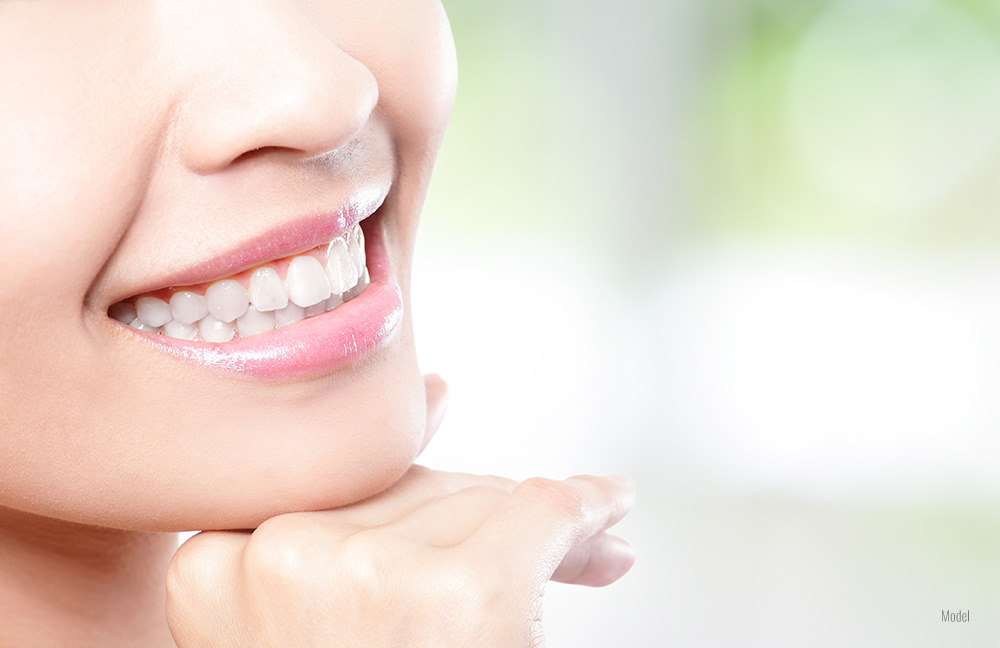Who Is At High Risk for Necrotizing Periodontal Diseases?
For those who have systemic disorders, you’re probably already aware of various increased health risks and what to keep an eye out for. If you have HIV, are malnourished, or are immunocompromised, it is important to note that you’re at a higher risk for necrotizing periodontal diseases. This blog discusses what necrotizing periodontal diseases are, what factors put you at high risk, and what treatment options are available.

3 Min Read:
What Are Necrotizing Periodontal Diseases?
A beautiful smile is something too many people take for granted until it is too late. Understanding necrotizing periodontal diseases requires some basic knowledge of periodontal disease in general. Periodontal disease occurs when bacterial infections form in the gums and bones that support your teeth. If periodontal disease is not treated promptly, the gums can separate from the teeth, eventually leading to tooth loss.
Necrotizing periodontal diseases are severe conditions that occur when an infection causes the death of the gingival tissues, periodontal ligament, or alveolar bone. There are three main types of these diseases: necrotizing gingivitis, necrotizing periodontitis, and necrotizing stomatitis. Necrotizing gingivitis occurs when the gum tissues die, necrotizing periodontitis happens when the tissue around each tooth is damaged and lost, and necrotizing stomatitis occurs when the mouth’s mucous membranes are destroyed.
What Factors Put You At High Risk for Necrotizing Periodontal Diseases?
People with systemic conditions—health conditions that impact one or more body systems—are at a higher risk for developing necrotizing periodontal diseases. In particular, those who struggle with HIV, malnutrition, and immunosuppression commonly deal with some form of necrotizing periodontal disease. It is also fairly common for necrotizing periodontal diseases to reoccur after they are treated, so getting periodontal maintenance from your dentist every three months to maintain your oral health is essential.
Maintaining good oral hygiene and nutrition can help prevent necrotizing periodontal diseases. Proper brushing techniques, daily flossing, regular dental visits, and a balanced diet can significantly improve oral health and help prevent these diseases.
What Treatment Options Are Available for Necrotizing Periodontal Diseases?
If you’re struggling with necrotizing periodontal disease or another form of periodontal disease, there are several treatment options available to restore your oral health. Dr. Salamati is a Diplomate of the American Board of Periodontology and a highly experienced periodontist in Los Angeles, so you know you’re in good hands when you get treatment from him. When you come in for an appointment, Dr. Salamati will assess your teeth and gums to determine which treatment options will work best for you.
Gum Surgery
You may be a good candidate for gum grafting surgery if you have significant gum recession and exposed tooth roots. During this procedure, a piece of thin connective tissue is taken from an area of your mouth with healthy soft tissue. This piece of tissue works as a gum graft and is placed over the areas with exposed tooth roots.
Pocket Reduction
Pocket reduction, also known as osseous surgery, is an excellent option for treating advanced stages of periodontal disease. It involves separating the gums from the teeth and bone to remove tartar and bacteria from the tooth roots while making the pockets between the teeth smaller.
Regenerative Procedures
A regenerative procedure stimulates gum tissue growth. During the procedure, periodontal pockets are cleaned, and a resorbable membrane is placed between the tissue and the pocket.
Crown Lengthening
If you have a gummy smile that makes your teeth look short, crown lengthening may benefit you. This procedure is also suitable for those preparing for a dental restoration. During crown lengthening, small incisions are made to remove a piece of the gum and expose more of the tooth’s surface.
Dental Implants
Dental implants, which can replace one tooth or multiple teeth, can help restore smiles for those who have lost teeth due to periodontal disease.
Have More Questions About Periodontal Diseases?
To learn more about periodontal disease and treatment options available in Los Angeles, CA, call 310-275-1090 or fill out our online contact form today.
